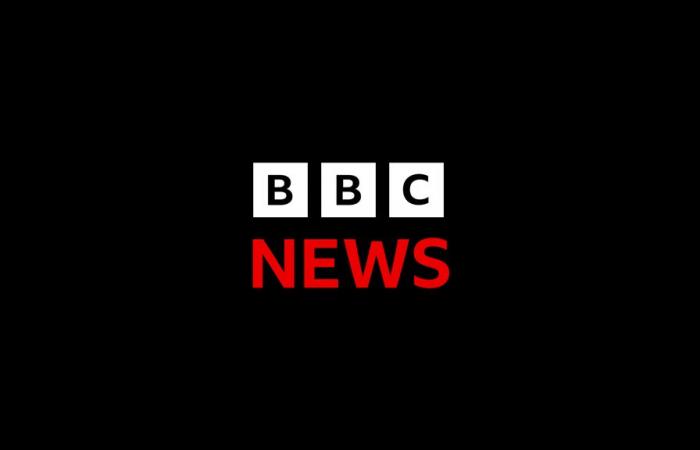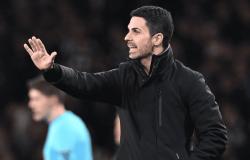 Jessica Murphy
Jessica Murphy
BBC News, Toronto
 Image source, Getty Images
Image source, Getty ImagesFor months now – in the face of a frustrated electorate, a political rival surging in the polls, and most importantly, a deepening dislike from voters – Prime Minister Justin Trudeau has faced variations of the same question: “Will you step down?”
He has always stood firm, vowing he would be the one to lead the party into the next election.
But the shock resignation of his key deputy, former Finance Minister Chrystia Freeland, in mid-December proved to be the toppling domino that led to todays’ announcement.
Trudeau swept to power nearly a decade ago, heralded as the fresh face of progressive politics. In 2015, swayed by his youthful charisma and a hopeful political message, voters catapulted the Liberals from a third-place party into a majority – unprecedented in Canadian political history.
He remains the only leader left standing among peers when he came into office, from Barack Obama to Angela Merkel, Shinzo Abe and David Cameron, and is currently the longest-serving leader in the G7.
But in the years since, and over two general elections, Trudeau and his brand have become a drag on the party’s fortunes.
A series of early ethics scandals began to take the sheen off the new government. He was found to have violated federal conflict of interest rules in the handling of a corruption inquiry – the SNC-Lavalin affair – and for luxury trips to the Bahamas.
In 2020, he faced scrutiny for picking a charity with ties to his family to manage a major government programme.
More recently, Trudeau faced headwinds over the cost of living and inflation, which have contributed to incumbent election upsets around the world.
And after more than nine years in power, he is among Canada’s longest serving prime ministers, and there is a general sense of fatigue and frustration with his government.
In the end, pressure from his own MPs, who over the holidays made it clear they no longer supported his leadership, made staying on near impossible.






